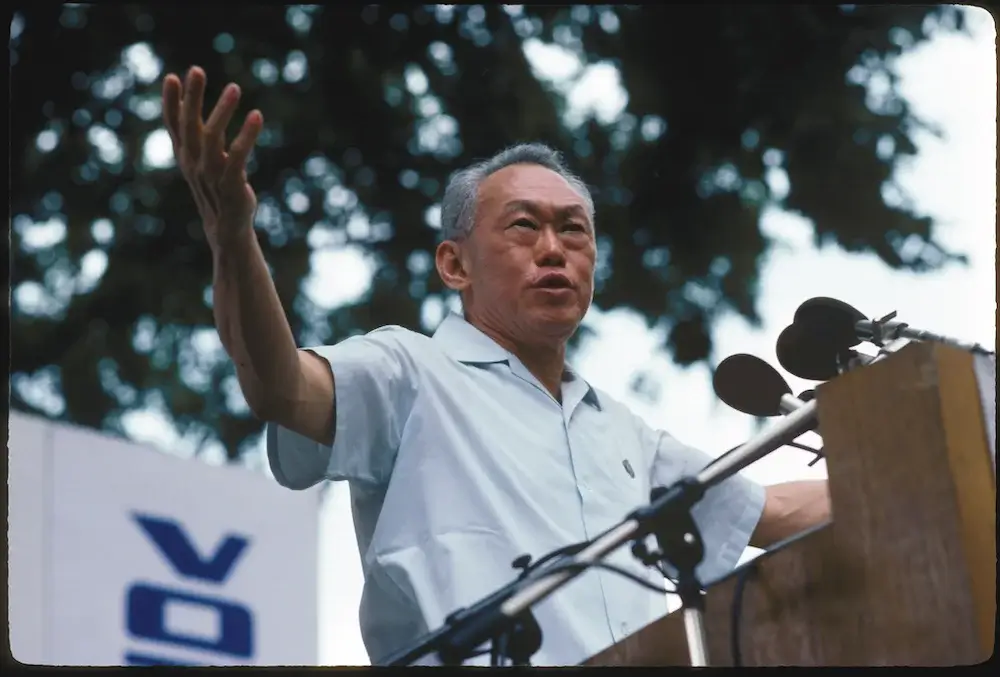The Power of Language: How English United Singapore and Fueled Its Success

antonfoek
Lee Kuan Yew’s decision to make English the common language in Singapore was a strategic move that significantly contributed to the country’s success. Here are a few key ways this decision helped:
Facilitating Economic Growth
By adopting English as the lingua franca, Singapore positioned itself as an attractive destination for multinational corporations and foreign investors. English, being the global language of business, allowed Singapore to seamlessly integrate into the global economy. This facilitated trade, attracted foreign direct investment, and created numerous job opportunities, driving economic growth.

Promoting Social Harmony
Singapore is a multicultural society with diverse ethnic groups. By choosing English, a neutral language, Lee Kuan Yew avoided favoring any particular ethnic group, which helped to promote social harmony. This decision ensured that all citizens, regardless of their ethnic background, had equal access to education and employment opportunities, fostering a sense of unity and national identity.
Enhancing Education and Skills
English as the medium of instruction in schools opened up access to a wealth of global knowledge and educational resources. This enabled Singaporeans to acquire world-class education and skills, making them competitive in the global job market. The emphasis on English also facilitated higher education opportunities abroad, further enhancing the skill set of the workforce.
Boosting International Relations
Proficiency in English allowed Singapore to engage effectively in international diplomacy and trade. It enabled the country to build strong relationships with Western nations and other English-speaking countries, which were crucial for its economic and strategic interests. This global connectivity helped Singapore to punch above its weight on the international stage.
In summary, Lee Kuan Yew’s decision to make English the common language was instrumental in Singapore’s transformation into a global economic powerhouse. It facilitated economic growth, promoted social harmony, enhanced education, and boosted international relations, laying the foundation for the nation’s remarkable success.


